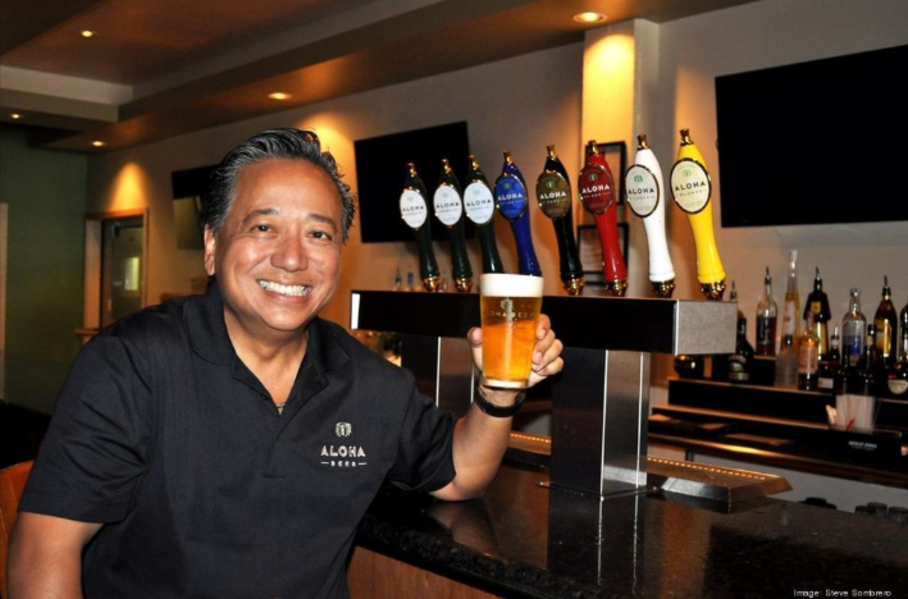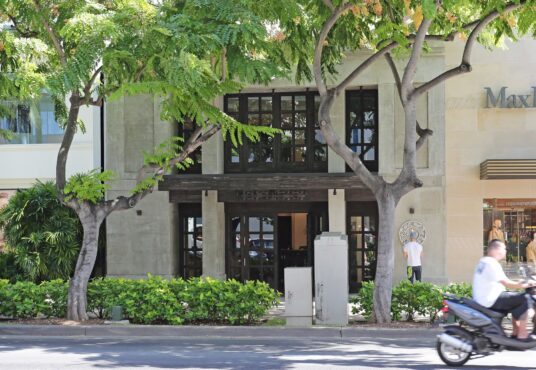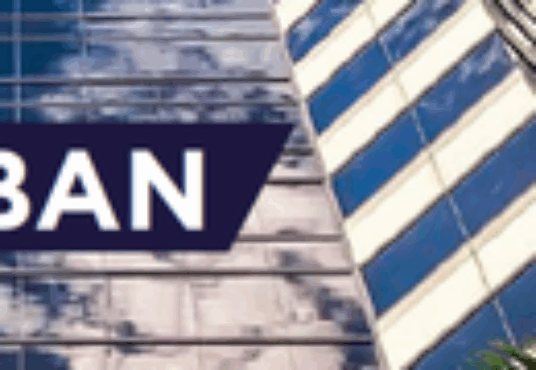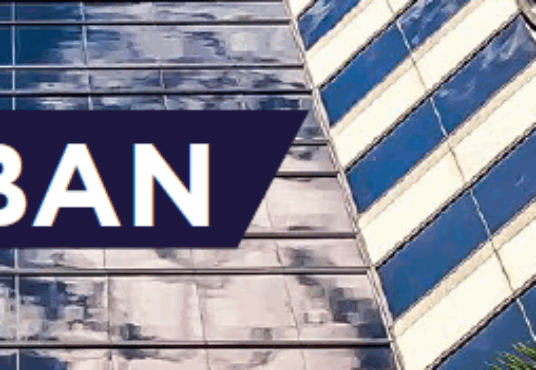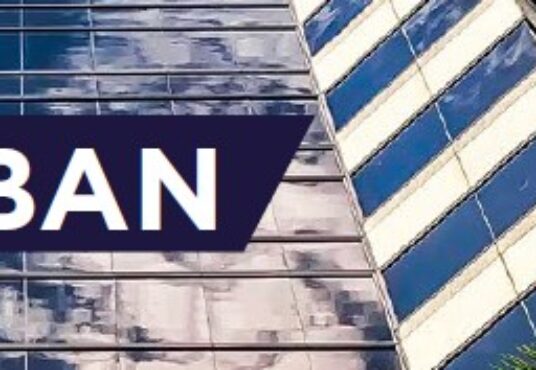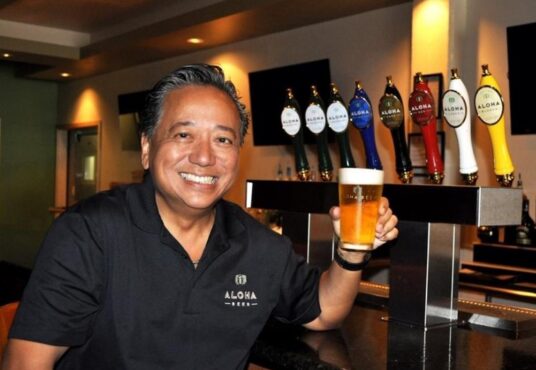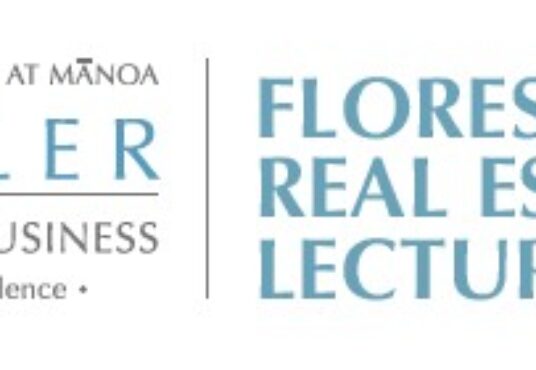Steve Sombrero, who is also president and CEO of Cushman & Wakefield ChaneyBrooks and a partner in ChaneyBrooks Choice Partners, likens the coronavirus pandemic to a major hurricane and said Hawaii should focus on coming out on the other side to rebuild.
Growing up on Guam, Steve Sombrero learned the importance of rebuilding from a major storm after surviving several super typhoons, and he likens the current coronavirus pandemic to a super hurricane with no clear eye nor clear end in sight.
Sombrero, president and CEO of Cushman & Wakefield ChaneyBrooks, as well as a partner in ChaneyBrooks Choice Advisors and owner of Aloha Beer Co., recalls that as a kid, he would be hunkered down with his family in candlelight, listening to the radio, “and we could hear exactly precisely where the eye of the storm was as it came closer and closer to the islands.”
“I know a lot of what it takes to survive and I know what it takes to rebuild,” said Sombrero, who still has strong ties to Guam — ChaneyBrooks has an office there. “There’s going to be devastation after a super typhoon, and I think we’re about to see the devastation here — not just the physical devastation but both business and human devastation.”
Sombrero, who had to close the Aloha Beer Co. taproom when the city ordered bars and restaurants to close, is working to lead his work-from-home staff and help his real estate clients get through the COVID-19 shutdowns and quarantines. He’s also coordinating the Malama Meals program, a nonprofit he helped found with local food truck operators and restaurants to deliver daily meals to the elderly. Since launching last month, the program has more than doubled the number of hot meals delivered to seniors each day from the initial 1,200 to 1,500 plates per day to more than 3,000.
Sombrero said Hawaii needs to look beyond the pandemic to rebuilding the economy.
“We need to gather the smartest people in Hawaii and think this through because it’s going to require a lot of great decisions to put the lights back on,” he said.
What is the biggest challenge facing commercial real estate right now?
I would say that the biggest challenge is the fact that tenants are now struggling to make rent payments. Especially hit hard are restaurants, bars and nightclubs. They were the first to be shut down under the orders of the mayor. Because these businesses have very little cash reserves and rely on daily revenue streams, even a couple of days of no income is devastating. And as you know, businesses in the tour, travel and hospitality businesses have also been shut down. As property managers, we’re having to juggle and deal with rent defaults and delays and having to come up with programs to keep all of our properties financially viable. Unfortunately, depending on how long this shutdown lasts, I’m afraid that businesses that were already marginally profitable prior to this crisis will probably give up and shut down completely. I tell our owners we need to do everything to keep the tenants alive. It’s going to cost more to deal with bankrupt tenants than it is to work with tenants to keep their businesses going. We need to keep that in mind, that’s why we’re doing everything possible to work with our tenants, but at the same time we need to understand that the landlords, the owners, have their own financial obligations too. There’s a clear balance here and I think there’s a fair way to approach it.
Do a large percentage of the tenants need some sort of rent deferment?
That’s the unknown. We don’t know how long this COVID crisis is going to continue. Unlike a natural storm like a hurricane or even a tornado, there appears to be no beginning and no end. In a hurricane, you know where the eye of the storm is and you’ll know when it’s above you and you know that it will leave. But with this COVID-19 storm, the eye is all over the place, we can’t even see it, and there are a lot of unknowns about it. That’s the biggest challenge, that we don’t even know what we’re dealing with. There are no pandemic manuals in any companies, so I think businesses are being forced to improvise and invent processes and procedures to deal with this.
How have you adapted your businesses?
We saw the storm coming — when we first heard about it in China, we immediately got together. When people were running to Costco and Sam’s Club to buy toilet paper, I went to Amazon to buy face masks. We’re requiring our brokers and leasing agents to work from home and come to the office only when it’s absolutely necessary. Only our back-office staff, which includes our accountants and administrative staff, is coming into our offices on a rotational basis. They’re in our offices only once or twice a week to ensure social distancing and we have been wearing face masks from the very beginning. Now more than ever, we spend more time physically checking on our managed properties because safety and security needs to be stepped up.
What should Hawaii be doing to address the crisis?
I give our governor and our mayors tremendous credit. There are no pandemic manuals; they’re doing everything possible to protect our state. What I’m concerned about is the possible influx of COVID refugees from other hard-hit cities. [But] right now, rather than focusing on the danger, we should be focusing on the other side of this storm, what we can do coming out of the storm to rebuild Hawaii, what we can do to rebuild and help each other, to make ourselves better. If I have more time, I intend to learn how to play ukulele. I bought it 10 years ago, it’s been sitting in my closet, but it’s probably time to learn how to play it. I think people need to look at this as an opportunity to improve themselves, whether it’s to learn a new language, play an instrument or just become better people.
